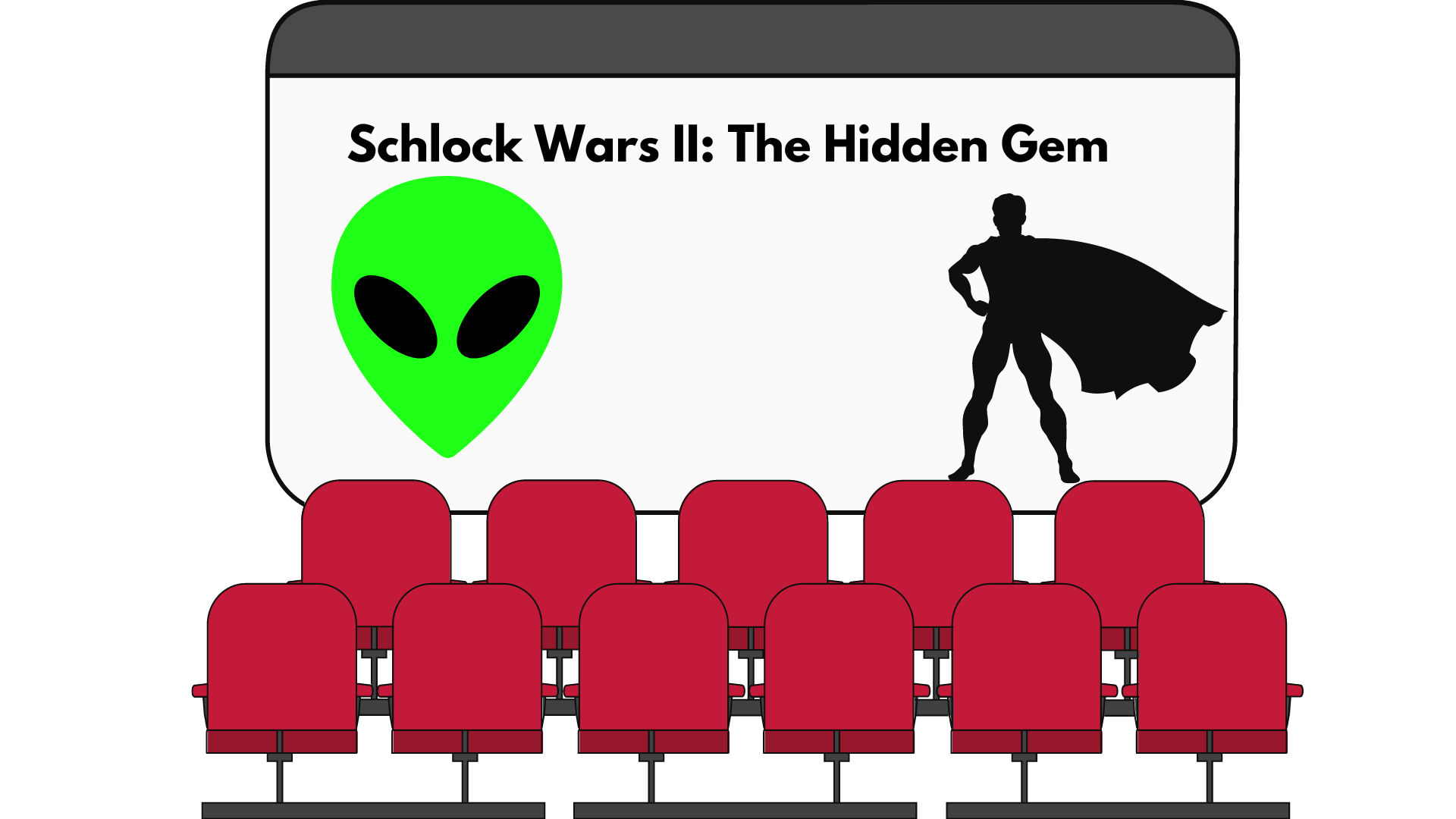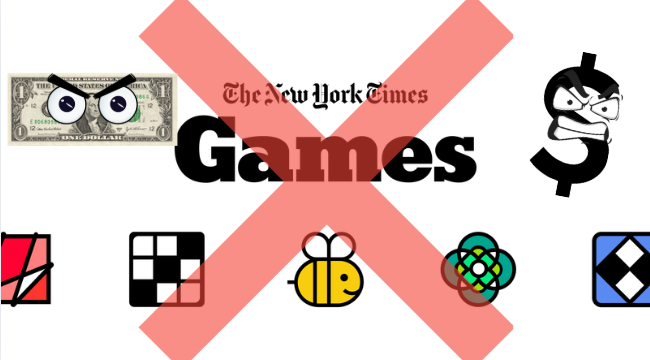As part of the column “Twin Takes”, my brother Griffin and I were (for once) mutually complementary of the 2023 Matthew Vaughn action-comedy Argylle. Disappointingly, other outlets like Decider were withering in their critiques. Although I do admit that some films may simply be of low artistic value, learning to enjoy bad movies can vastly improve the moviegoing experience.
What, exactly, constitutes a “bad” film? Many might point to a lack of thematic depth. Perhaps the plot is boring, illogical, or does not feel natural. The characters might be one-dimensional. And to be fair, all of these are legitimate criticisms that good writers ought to avoid. Even worse, movies might (intentionally or not) be insensitive to certain marginalized communities–in Twin Takes, Griffin and I have noted racist undercurrents in the films The Creator and Silent Night.
Yet sometimes, the problem might not be just the movie, but the viewer as well. A movie is, after all, a story, and there are any number of reasons to tell (or be told) a story: to educate, to question, to explain, but also simply to entertain. This means that there are many different levels on which to enjoy a film. If, in the movie theater, your chosen film turns out to be poorly-written or to have one-dimensional characters, try to focus on the action or snappy dialogue instead.
Consider, too, that there may be more to a film than meets the eye. English paraprofessional Cynthia Fey talked to me about Eraserhead, a surreal and lurid independent film that has gained a cult following. In a similar vein, the first time I watched the Cohen Brothers’ celebrated Fargo, I was bored out of my skull. Upon reflection, however, I have come to identify themes of avarice and the failure of the American dream that run through and enhance the movie (even though I still find it boring).
Fey had a similar experience with the movie Dune II, which she initially hated.
“My opinion about that has evolved, because I found out that Dune II is actually the second in a trilogy,” Fey said. “I walked out of Dune 2 because I had some concerns about the white savior trope that was happening, and I learned later that–I think it was a student who said, ‘You know, the whole trilogy is actually a critique of leader-worship.’”
Fey finds such a critique crucial in this political climate focused heavily on dueling leaders who profess strong ideals.
Naturally, there will be some movies that individual viewers simply do not enjoy. This may be because they underserve part of their audience: Fey tells me that she cannot stand movies that do not pass the “Bechdel Test” , wherein female movie characters are never seen talking to each other about anything other than male characters.
“It’s the first thing I think of,” Fey said. “I am wary of that film if it fails the Bechdel Test. I know we’re not supposed to use this…as a judgment criteria [sic], but you have to look at it, and that is the Bechdel Test. If it fails the Bechdel Test–it might be a great movie, it might be a wonderful film, with many, many standards, but for me, if it fails the Bechdel Test, that’s not a thoughtful movie. It’s not thinking”.
But there is a difference between a film that individuals dislike, and an outright poor work of cinema. “Good” and “bad” are labels that ring differently for different movies, from person to person; disliking a film yourself does not necessarily mean it will not be enjoyable to anyone else. When you next see a film that might not be what you expected, try to find a different way to enjoy it; or if that doesn’t work, try not to establish your experience of the film as authoritative, and give other people the space to enjoy or not enjoy the movie themselves.









